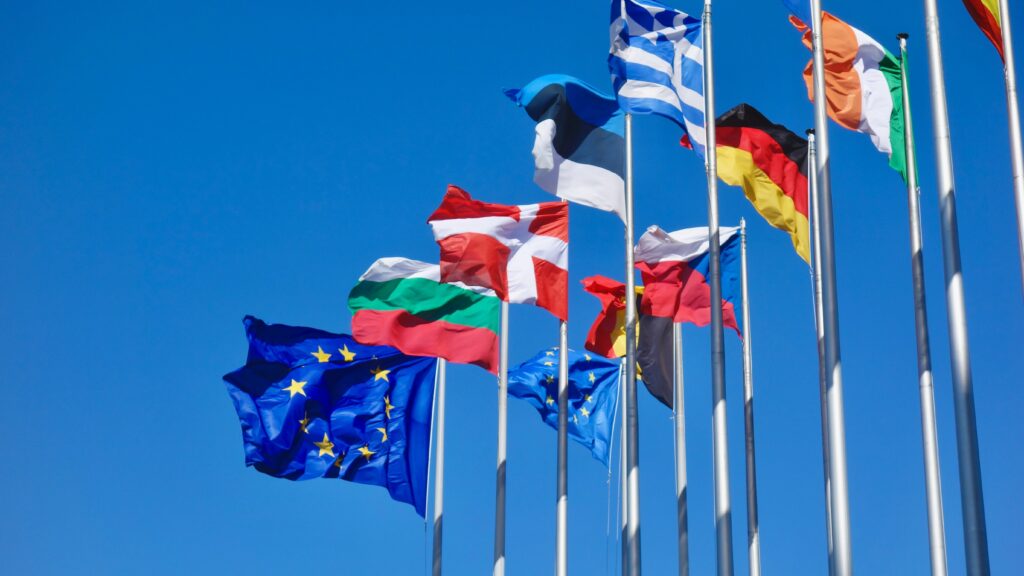The 2022 GLOBSEC Trends report shows that Central and Eastern European countries, including Estonia, demonstrate greater solidarity and belonging to the West amid the ongoing Russian invasion of Ukraine; however, almost one third of Estonians believe the country is “somewhere in between” rather than part of the West.
The support for the West, its key institutions and its leaders has increased among the CEE countries.
The GLOBSEC annual report surveyed people of Estonia, Latvia, Lithuania, Poland, the Czech Republic, Slovakia, Hungary, Romania and Bulgaria about its attitudes towards Western values, institutions and leaders, war in Ukraine, and democracy. The CEE states showed a shift towards identifying as being part of “the West” and slowly moving away from identifying as “somewhere in between”.
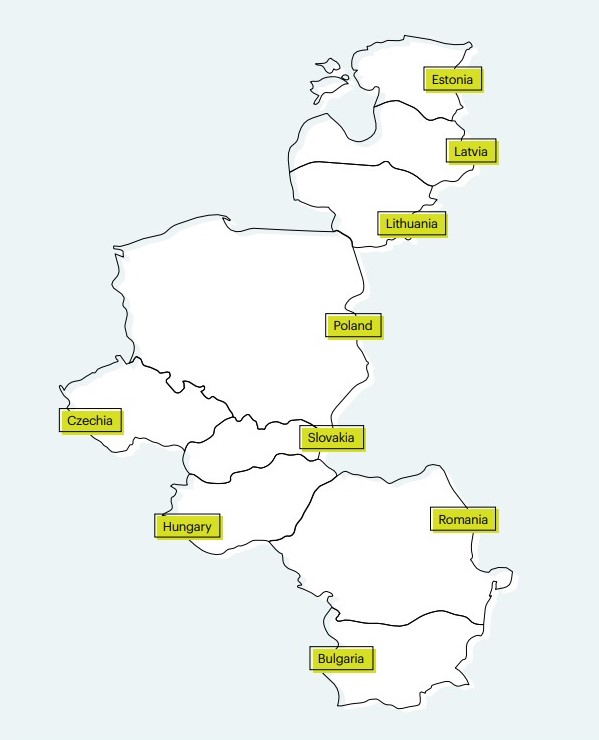
Almost one third of Estonians believe the country is “somewhere in between”
The report states that “44% of Central and Eastern Europeans express support for their countries adopting a Western geopolitical orientation”. Estonia’s support for being part of the West has increased from 44% in 2021 to 54% in 2022 while 29% believe Estonia is “somewhere in between” the West and the East.
The CEE states continued to demonstrate strong support for the European Union membership as an average of 80% would vote to stay in the EU during a hypothetical referendum. “This fervent backing is undergirded by a renewed united front against the backdrop of the Russian invasion of Ukraine. The EU has stood up to the aggressor – unanimously adopting sanctions and other measures to weaken the Russian economy and hinder propaganda efforts,” the report notes.
In Estonia, 74% support staying in the EU, which is the second lowest in the CEE region as only Bulgarians show a lower support with 70% approval.
The support for NATO and trust in the US increasing
Support for NATO also increased, as an average of 79% of people in CEE states supported NATO membership. However, the confidence that NATO will protect their country remained somewhat lower. “It appears, consequently, that even some backers of NATO membership doubt the veracity of the commitments of member states to come and protect them if their country were invaded,” the report concludes.
Estonia’s support for NATO membership had grown from 70% to 72% and the confidence in NATO’s protection in case of an invasion was 70%. It is noteworthy that 19% of Estonians surveyed wanted to leave NATO.
The US rose next to Germany as the most important strategic partner among the CEE states with 46% and 47% of support respectively. At the same time, “in eight of the nine countries, the Russian invasion of Ukraine has led to a decrease in perceptions that Russia represents the most important strategic partner,” the survey found.
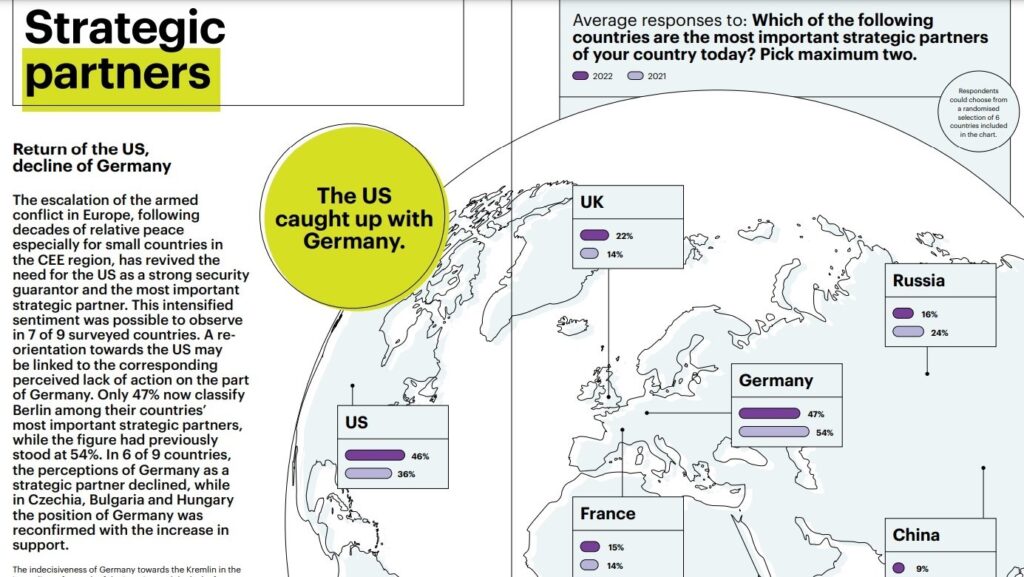
In Estonia, 72% agreed that the US was its ally and traditional partner and 68% thought that Russia was a security threat to their country. Among the world leaders, the Ukrainian president, Volodymyr Zelensky, had the highest average approval rating with 66%, followed by the French president, Emmanuel Macron with 61% (up from 53% in 2021) and the British prime minister, Boris Johnson with 57% (up from 44% in 2021).
The perception about Russia’s invasion of Ukraine
Majority of the CEE countries condemned Russia’s invasion of Ukraine.
Most of the states agreed with the statement that “Russia invaded Ukraine”, but the results varied significantly among CEE members as some opinions leaned more towards “West provoked Russia” and “Ukraine oppressed Russian-speaking part of population”.
Poland and the Czech Republic stood out as 87% and 78% of their citizens, respectively, see the war as Russian invasion. At the other end of the table, just 48% of Hungarians think that Russia was responsible, while 19% think the West provoked Russia and 18% think that Ukraine oppressed its Russian-speaking population.
In Estonia, 68% saw the invasion as Russian aggression, while 15% see it as Western provocation and 9% reason it with Ukrainian oppression towards Russian minority. The report states, “While an overwhelming majority is clear on the villain and victim in the conflict, the persistent use of information operations in some countries has clouded the vision of certain segments of the population.”
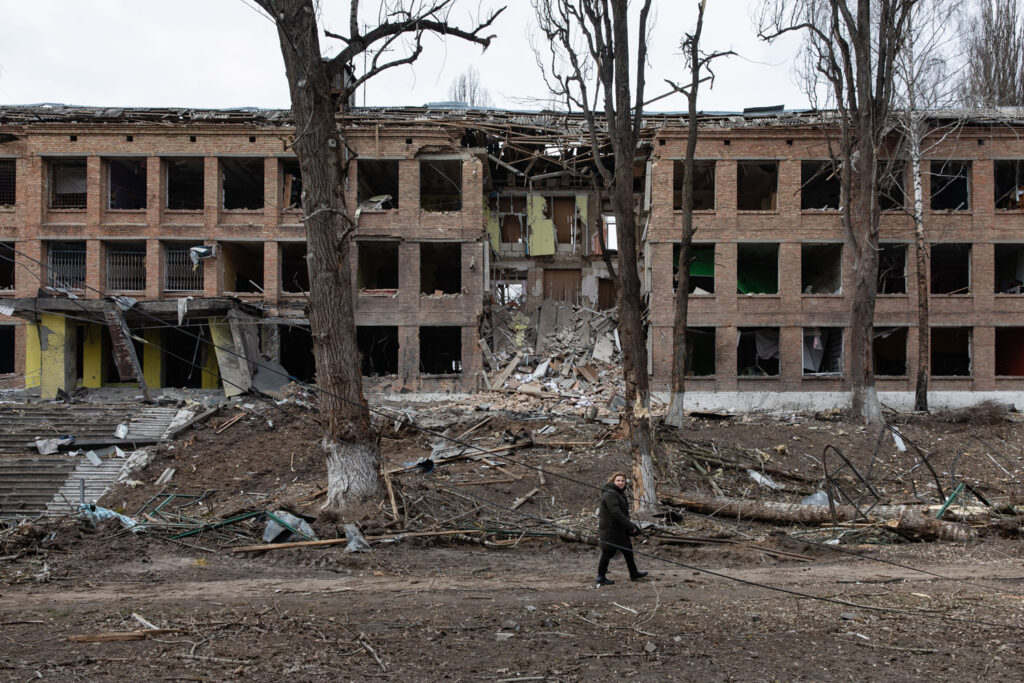
The perception of Ukraine
The perception of Ukraine varies significantly among the CEE nations. The report asked the people whether they consider Ukraine to be “an independent country”, “a puppet of the West” or “part of Russia”.
Poland, the Czech Republic and Lithuania showed the strongest support for Ukrainian independence with 87% support from Poland and the Czech Republic and 73% from Lithuania. It was followed by Latvia and Estonia where 72% and 69%, respectively, considered Ukraine to be an independent state.
However, 20% of Latvians and 24% of Estonians thought that Ukraine was a puppet of the West while negligible 2% and 1% thought that Ukraine is a part of Russia. The idea that Ukraine belongs to Russia was highest in Slovakia and Bulgaria where 13% and 12%, respectively, shared the opinion.
The report showed that CEE states were more sceptical about Ukraine’s integration to the West. “When it comes to the future of Ukraine, CEE countries are less united. In six of the nine countries, a majority of respondents would fervently welcome Ukraine to be part of either the EU and/or NATO. In three countries, meanwhile, more people would prefer Ukraine to stay neutral,” the report notes.
The pattern of Poland, Lithuania and the Czech Republic being the most supportive of Ukraine was again evident from the results – 78% of Poles welcomed Ukraine to NATO and/or the EU, 65% of Lithuanians and 57% of Czechs. Estonia and Latvia followed with 56% and 54% support, respectively. However, the majority in Hungary, Bulgaria and Slovakia would rather see Ukraine as a neutral state than being part of Western institutions.
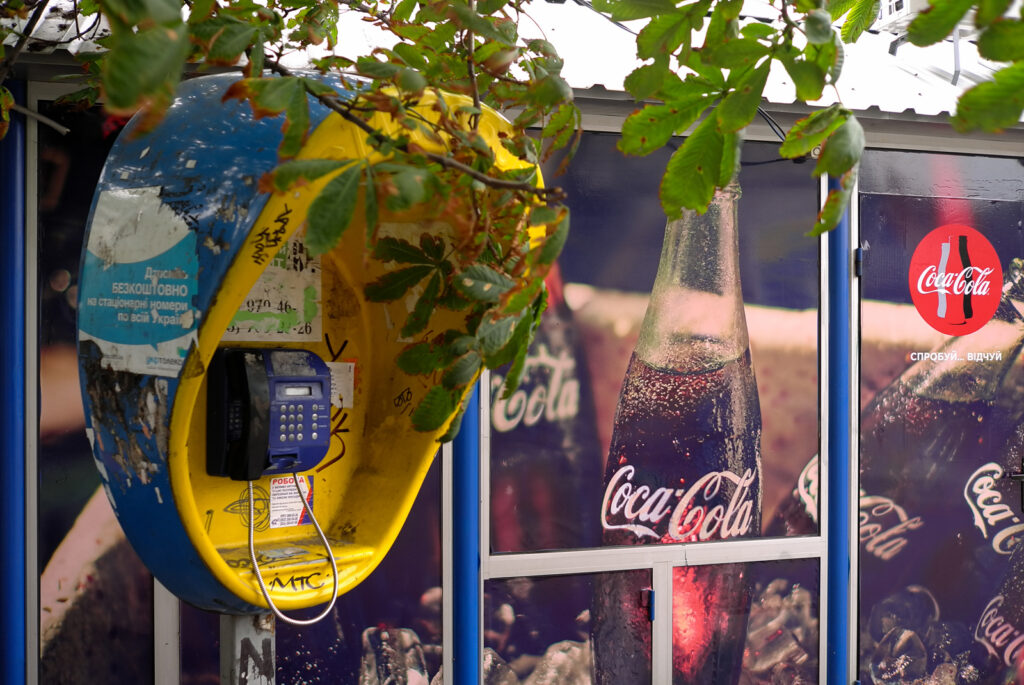
The image of Russia and its dictator, Vladimir Putin, has declined in all CEE nations.
The highest drop in Putin’s positive image has been in Bulgaria where his positive perception decreased from 70% in 2021 to 29% in 2022. In other states, like Slovakia, Hungary, Romania, where people had comparatively positive view of Putin in 2021, the perception of him has also dropped more than 20% in each country. The report states that an overwhelming 78% of Central and Eastern Europeans perceive Putin negatively”. On top of that, 81% in the CEE region agree that Russia had no right to invade Ukraine.
Almost half of Estonians think Russia will not stop in Ukraine
Estonia showed the second highest support for the statement that “Russia will not stop in Ukraine; it will invade other European countries as well” when 48% agreed with the notion and 37% disagreed. Only Poland showed stronger agreement that Russia will keep invading, as 60% agreed with the statement. Lithuania was the third country where people thought that further invasion was more likely than not, while the rest of the CEE states rather disagreed about the possibility.
The energy dependence topic saw a mostly united response – majority in each state thinks that their country should decrease energy dependence from Russia. Poles, Czechs and Lithuanians were again the most supportive for diminishing Russia’s energy influence – with 95%, 84% and 77% respectively. Romania, Estonia and Latvia followed with 73%, 73%, and 70%, respectively – while slightly over 50% supported the idea in Bulgaria, Hungary and Slovakia. The same three states were also the ones where there was not a majority support for the EU countries to impose the strongest possible sanctions against Russia. In the rest, the majority agreed on imposing the toughest sanctions, with 65% Estonian showing their support for the idea.
Interestingly, all of the CEE states rather disagreed that NATO countries should send their troops to Ukraine to help them fight against Russian invasion. The support for boots on the ground was the highest in Poland, where 41% agreed and 49% disagreed. The support was the lowest in Hungary, where 9% agreed and 86% disagreed.
Estonia was somewhat in the middle, with 38% agreeing to intervene and 49% disagreeing. “Though CEE societies are supportive of their governments partaking in economic sanctions, a majority of 63%, on average, opposes NATO troops engaging in combat against Russia in Ukraine,” the report explains.
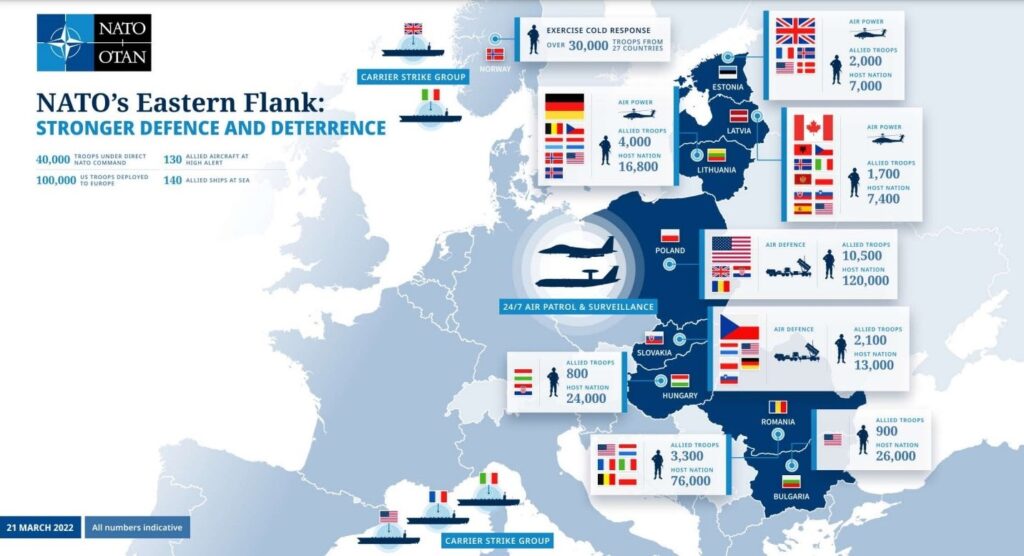
The CEE states are increasingly satisfied with democracy in their countries but the trust in media remains low
The satisfaction in democracy increased in seven of the nine countries and the majority in five of the nine countries are now happy with its democracy. “The greatest upward shift concerning satisfaction with democracy was measured in Czechia, Estonia and Latvia. These countries, together with Lithuania and Hungary, have also seen a considerable increase in respondents believing their needs are well taken into account by their political systems,” the report found.
Indeed, Estonians and Czechs are ahead of others in overall satisfaction of how democracy works in their country, with 66% and 68% approval, respectively.
Majority of the CEE states do not trust standard opinion-shaping media in their country. “Czechia, Estonia and Latvia are three countries where more people trust than distrust the media,” the report says. The majority is still rather narrow, as 58% in Czechia, 52% in Estonia, and 50% in Latvia trust the media. The distrust is the greatest in Bulgaria, Slovakia, and Romania, with 64%, 61%, and 59%, correspondingly.
GLOBSEC is a global think-tank, based in Bratislava, Slovakia, committed to enhancing security, prosperity and sustainability in Europe and throughout the world. It’s an independent, non-partisan, non-governmental organisation.

